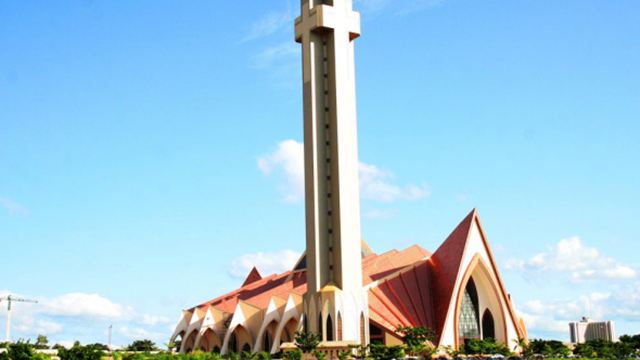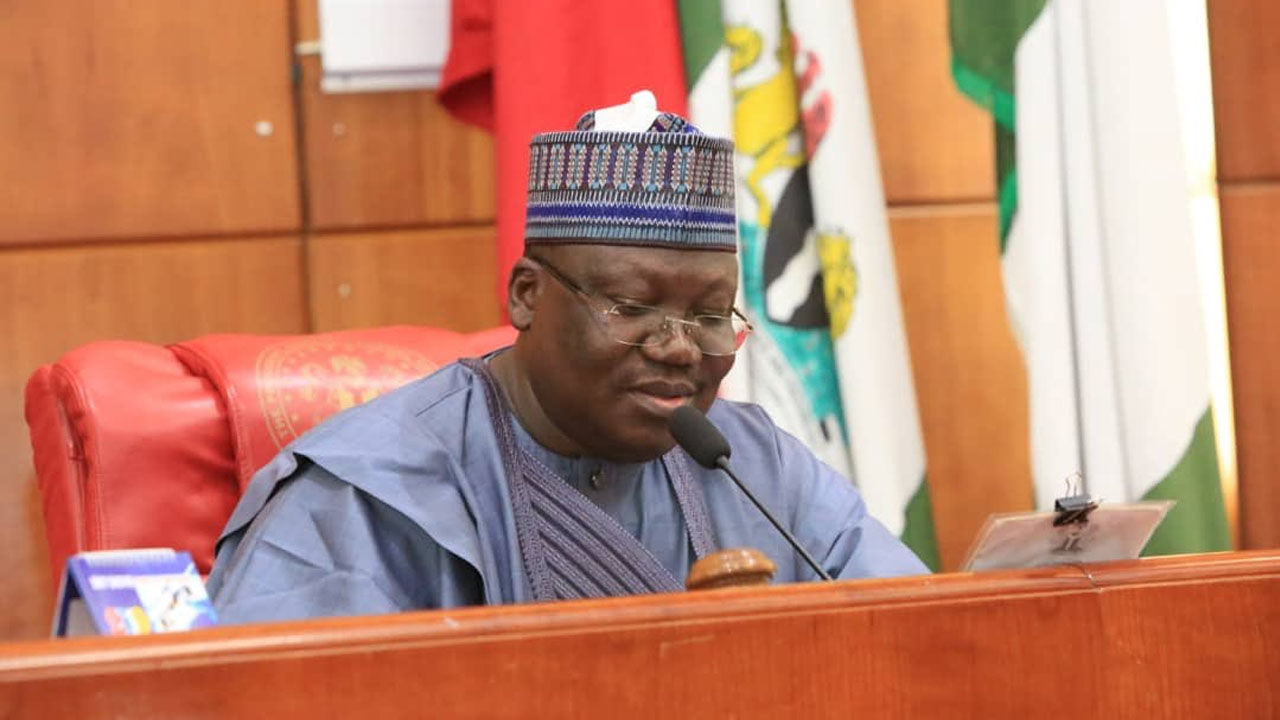
Some selected youths across the country, under the auspices of the Youth-led Electoral Reform Advocacy Consortium (YERP_Naija), have urged the National Assembly to amend the 1999 Constitution to pave the way for a special committee that will take over the responsibility of appointing the Chairman of the Independent National Electoral Commission (INEC) and Resident Electoral Commissioners (RECs).
The group, according to the proposal submitted to the National Assembly, observed that the Christian Association of Nigeria (CAN), Jama’atu Nasril Islam (JNI), Inter-party Advisory Council (IPAC), and Nigerian Bar Association (NBA), among other stakeholders, should play a key role in appointing the INEC chairman and RECs, saying this will also remove political influence in the process.
YERP_Naija is a coalition of youth-focused non-governmental organisations, coordinated by the Kimpact Development Initiative (KDI), working to elevate the voices of Nigerian youth in electoral reform discussions.
While the project is supported by the National Democratic Institute (NDI) and the National Endowment for Democracy (NED), the Consortium engages with young people from all six geo-political zones and across the 36 states and the FCT to advocate for critical reforms in Nigeria’s electoral system.
Speaking at a press conference in Abuja on Tuesday, the Head of Research and Programmes at KDI, Oluwafemi Adebayo, said renowned religious leaders, lawyers, and other stakeholders should be involved in the selection committee to ensure credibility and fairness.
Stressing the need for the president to be stripped of the power of appointing the INEC chairman, the proposal recommended the “creation of a special selection committee with non-partisan people of impeccable character to assume the responsibility held by the President to appoint the chairman, National Commissioners, and RECs of INEC.”
The document, while recommending two options for achieving this, urged lawmakers to amend section 154 (1) of the Constitution to exempt INEC from the list of federal commissions and councils that require the president’s nomination for appointments into the leadership of the commissions and councils.
It suggested that INEC should be deleted as one of the executive bodies in sections 153, 154, and other related sections listed in section 153 of the Constitution and made a standalone independent body.
The youth proposed: “Create a new section, 154 (4) (a) in the Constitution to create a special committee to take over the responsibility to appoint the Chairman, National Commissioners, and Resident Electoral Commissioners (REC), to read as follows:
“In the case of the Independent National Electoral Commission, a special committee shall be created to appoint the Chairman, National Commissioners, and Resident Electoral Commissioners. The special committee shall consist of persons reflecting northern and southern regions, gender, and disability inclusion.
READ ALSO: Hardship: Christian leaders urge govts to address challenges in country
“- Create a new section, 154 (4) (b) to define membership of the committee as follows:
“The members of the special committee shall include representatives of the National Peace Committee (NPC), Christian Association of Nigeria (CAN), Jama’atu Nasril Islam (JNI), Inter-party Advisory Council (IPAC), National Youth Council of Nigeria (NYCN), Nigerian Union of Journalists (NUJ), Nigerian Bar Association (NBA), Nigerian Labour Congress (NLC), Trade Union Congress (TUC), and two representatives from civil society organisations, of which one must be a woman.”
Adebayo said a nationwide survey the organisation conducted revealed that 57 percent of 4,324 respondents were dissatisfied with the electoral process in the 2023 elections, and 94 percent emphasised the urgent need for constitutional and legal reforms to improve the system.
He said: “The recommendations submitted to the National Assembly committees on constitutional review and electoral matters by young Nigerians focused on several critical aspects, including independence, neutrality, and efficiency of INEC, adjudication of election petitions and the prosecution of electoral offences, qualifications for contesting elections, and strengthening political party ideology.
“Through expert review and harmonisation meetings, 87 recommendations were distilled into 35 prioritised proposals, and a National Multi-Stakeholder Forum refined these into 13 key recommendations for constitutional amendments.”
He disclosed that the youth advocacy led to the identification of five priority reforms, which he said reflect the desire for a more transparent and inclusive electoral process in Nigeria.
According to Adebayo, these priority areas include the establishment of an Electoral Offences Commission and the creation of an independent body to prosecute electoral offenders and uphold election integrity.
“Conclude all post-election disputes before inauguration to ensure stability and fairness.
“Implement electronic transmission of election results from all levels of collation to a central place where citizens can access quicker and more transparent election outcomes.
“Create an independent selection committee to nominate INEC leadership to the National Assembly to remove political influence.
“Interpret the word continuous in section 10 of the Electoral Act 2022 to allow for continuous voter registration, making it easier for all-round voter registration.”
He reminded members of the National Assembly of the timeline and commitments made for advancing these reforms.
“We urge the National Assembly to prioritise the youth’s five key electoral reform recommendations and work swiftly towards amending the Electoral Act 2022 and the Constitution,” he added.






